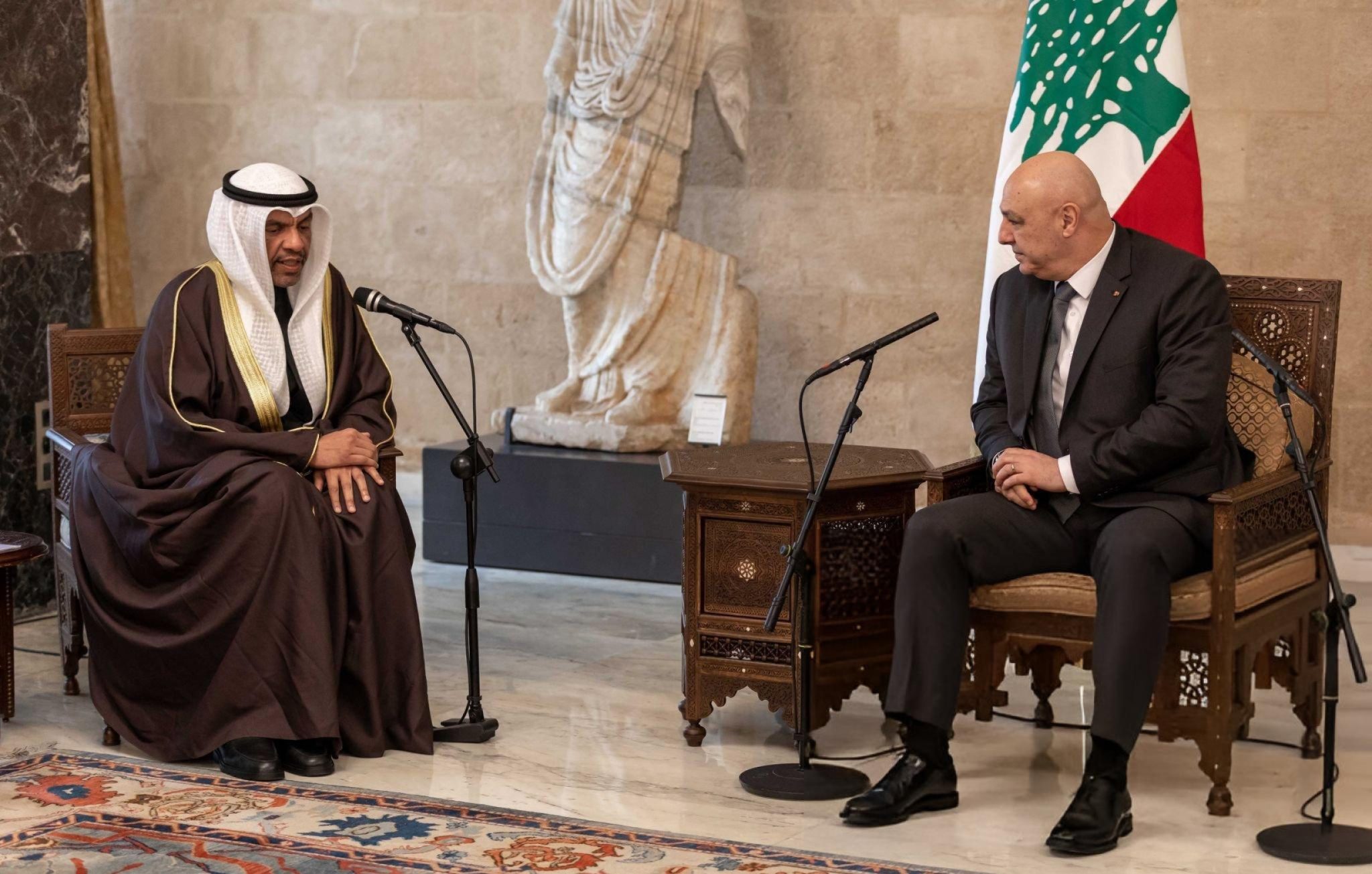Saudi Arabia’s top diplomat, Prince Faisal bin Farhan, visited Lebanon on Thursday for the first time in a decade, marking a significant moment in the restoration of ties between the Gulf kingdom and the small Mediterranean country after years of strained relations.
The trip comes after several pivotal events in Lebanon and the wider region. Two months ago, a ceasefire agreement brought an end to the war between Israel and Hezbollah, which devastated southern Lebanon and decimated much of Hezbollah’s military capabilities. The visit also follows a lightning insurgency in Syria in December, which led to the ousting of President Bashar al-Assad, marking the end of his family’s decades-long rule.
Lebanon’s political landscape has shifted dramatically over recent months. This month, Lebanon elected its first president in over two years, General Joseph Aoun, and appointed a new prime minister, former diplomat and International Criminal Court head, Nawaf Salam. These appointments are viewed as major setbacks for Hezbollah, a powerful Shiite militant group backed by Iran.
After his meeting with President Aoun, Prince Faisal expressed his confidence in the new leadership. “We have great confidence in His Excellency the president and the prime minister-designate’s ability to work on the necessary reforms to build safety, stability, and a united Lebanon,” he said, offering Saudi Arabia’s support for Lebanon’s political and economic future.
The Saudi foreign minister also reaffirmed Riyadh’s backing of the U.S.-brokered ceasefire agreement between Israel and Hezbollah, which has provided a fragile peace in the region. He stressed the need for the “complete withdrawal of the Israeli occupation forces from Lebanese territory,” a longstanding position for the kingdom.
Prince Faisal’s visit also includes meetings with key Lebanese political figures such as Parliament Speaker Nabih Berri and outgoing caretaker Prime Minister Najib Mikati. These discussions are expected to focus on Lebanon’s rebuilding efforts and its relations with the Gulf states, particularly Saudi Arabia.
The strained relationship between Saudi Arabia and Lebanon is rooted in several issues, particularly Lebanon’s growing alignment with Iran-backed Hezbollah. Saudi Arabia, along with other Gulf nations, has grown increasingly concerned about Hezbollah’s influence within Lebanon’s government. The diplomatic crisis peaked in 2021 when Riyadh criticised Lebanon’s failure to address the issue of drug smuggling into Saudi Arabia.
Tensions reached a boiling point following comments made by Lebanon’s former information minister, who criticised Riyadh’s war in Yemen against the Houthi rebels. In response, Saudi Arabia imposed punitive measures, including banning Lebanese imports, a move that devastated Lebanese farmers and industrialists already struggling amid the country’s crippling economic crisis.
The impact of the import ban was profound, exacerbating the financial hardships faced by Lebanon. With its economy in tatters, many Lebanese found themselves plunged into poverty, while the country’s banking system collapsed. Despite efforts by Lebanese authorities to reverse the ban, Saudi Arabia has remained firm, compounding the nation’s economic woes.
Lebanon has long sought to rebuild its relationship with Saudi Arabia and other Gulf countries. These nations were once crucial trade partners, and their nationals were a significant presence in Lebanon’s tourism sector. Given the ongoing economic crisis, which has left much of the country in ruin, Lebanon now faces a critical need for financial assistance to rebuild towns and villages devastated by war.
Saudi Arabia’s renewed engagement with Lebanon could be key to the country’s recovery. While Prince Faisal’s visit signals a thaw in relations, Lebanon will need to navigate its complex political landscape, balancing ties with Hezbollah and the Gulf states. For Saudi Arabia, supporting Lebanon’s stability and rebuilding efforts is essential to fostering a more secure and prosperous region.
As the two nations look to strengthen ties, there is cautious optimism that Lebanon’s new leadership will succeed in steering the country toward much-needed reform and recovery, with support from Saudi Arabia and its Gulf allies.







